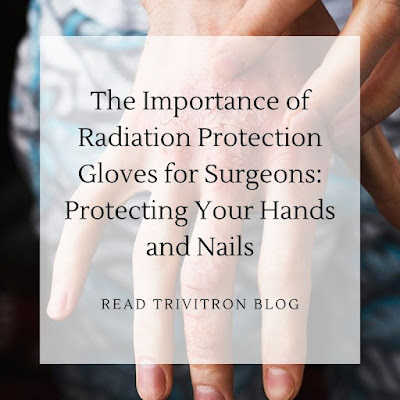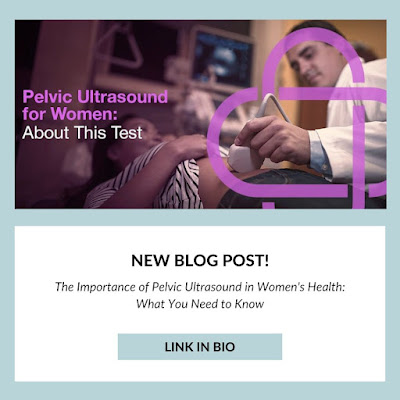Precision in Healthcare: Exploring ELISA Tests for HIV, HCV, Hepatitis B, and Syphilis Diagnosis by Trivitron Healthcare

In the field of healthcare and diagnostics, precision is vital. Diagnostic tests are the cornerstone of accurate healthcare, and Trivitron Healthcare, a renowned name in the healthcare industry, recognizes the importance of precision. They have developed advanced ELISA (Enzyme Linked Immunosorbent Assay) test kits that excel in diagnosing critical infections such as HIV, HCV, Hepatitis B, and Syphilis with unwavering accuracy. What is the ELISA Test Used For? ELISA kits are instrumental in detecting and quantifying biological molecules like proteins, antibodies, hormones, and antigens, offering unparalleled sensitivity, specificity, and precision. These kits capture target molecules using immobilized capture antibodies and detect them with labeled antibodies, generating a signal that correlates with the molecule's concentration in the sample. ELISA technology has revolutionized disease diagnosis and research in healthcare. How to Perform the ELISA Test? Performing an ELISA test i...






